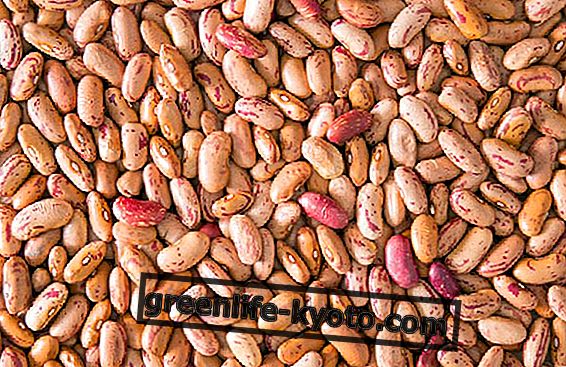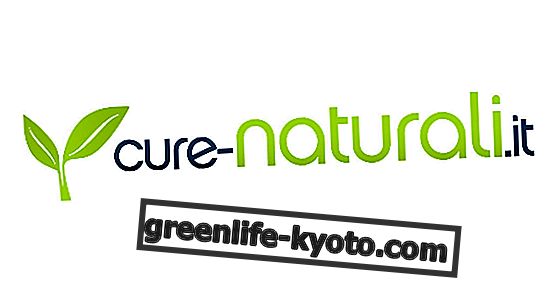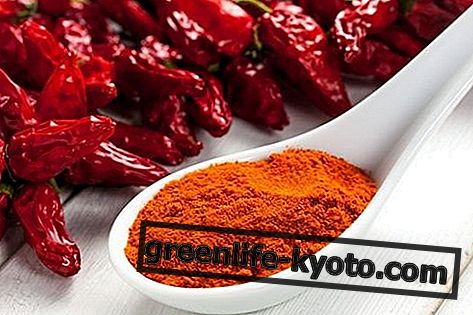
Spirulina is a green-blue alga (color due to the presence of chlorophyll ) unicellular of the Cyanophiceae family (blue algae) in the shape of a spiral, from which it derives its name, which measures from 0.1 to 0.3 mm .
This microalga lives in the fresh water of lakes in the Mexican plateau where there is a high concentration of sodium bicarbonate, potassium salts, magnesium and selenium.
A perfect food for everyone
Nutrulina is very rich and balanced, spirulina alga is considered a complete food, because it contains amino acids, highly bioavailable, minerals (above all iron, calcium, magnesium, potassium and selenium), vitamins (B complex, folic acid, Vitamin A, C and E) and essential fatty acids .
The nourishing and restorative action is given by the aforementioned nutritive principles, assimilated by our body in an easy and fast way, which make spirulina an excellent natural supplement.
Its intake balances and completes our diet, when a sedentary lifestyle, and the modern diet, poor in micronutrients, stress and pollution weaken our body making us vulnerable and preventing the natural state of health. Not surprisingly, it is one of the novel foods, the newly introduced foods that are becoming increasingly common in our table.
In addition, the very high protein content (65-70 grams per 100 grams of food, compared to the 20-25 grams of a lean meat cut), makes it an indispensable food, source of vegetable proteins, particularly suitable for those who follow the regimes of the vegetarian or vegan diet.
Thanks to the excellent vitamin supply and its valuable antioxidant properties, spirulina- based supplements are very popular even among sportsmen and those who want to quickly reach their ideal weight.
In the first case, the high content of biotin and ferridoxin is used, which inhibits the formation of lactic acid during particularly intense physical exertion, while the richness of amino acids affects the development of muscle mass.
In the second case, it helps those who follow dietary diets, for weight control, because phenylalanine (3%) is able to act on the nervous center of the appetite reducing hunger stimuli and favoring the feeling of satiety . Furthermore, its use during controlled low-calorie regimes helps maintain nutritional balance without causing weakness.
In children, convalescents or those suffering from eating disorders (bulimia, anorexia) spirulina helps to bridge the typical nutrient depletion of various sizes, as it satisfies any vitamin or mineral deficiencies and could also contribute to mitigating the appearance of bulimic crises ; while its particular cell wall, free of cellulose, gives it excellent digestibility.
The integration is particularly significant in pregnant women and during lactation, due to the presence of calcium, iron and folic acid.
Spirulina among natural remedies for stress: discover others
Properties and benefits of spirulina algae
The antioxidant action of the spiriulina alga able to protect from the attack of free radicals and from the damages that these cause to the organism (premature aging, neurodegenerative diseases, some tumors and atherosclerotic diseases) are due to the vitamins ACE and to the content of minerals. As a freshwater alga, it does not contain iodine, an element found in marine algae ( fucus ) that absorb it from the sea.
The presence of chlorophyll, which has a porphyrin structure very similar to that of hemoglobin, from which it differs in the presence of magnesium rather than iron in the center of the tetrapyrrolic ring) is useful in the treatment of anemia.
The fatty acids contained in it belong to the large family of mono and polyunsaturated fats and are considered nutrients, able to normalize cholesterol levels in the blood, participate in the formation of myelin sheaths that cover the nerves and giving the algae immunostimulatory and antiviral activity .
In particular, cis-linoleic acid (LA) and gamma-linolenic acid (GLA) activate the production of prostaglandins of series 1 (PGE1) with pro-immune properties, with enhancement of the organic defenses due to an increase in lymphocytes and macrophages.
Finally, the intake of spirulina has screen functions with respect to radiation and also has beneficial effects on the liver, because it acts as a purifier and detoxifier, thanks to phycocyanins which perform a hepatoprotective action.













